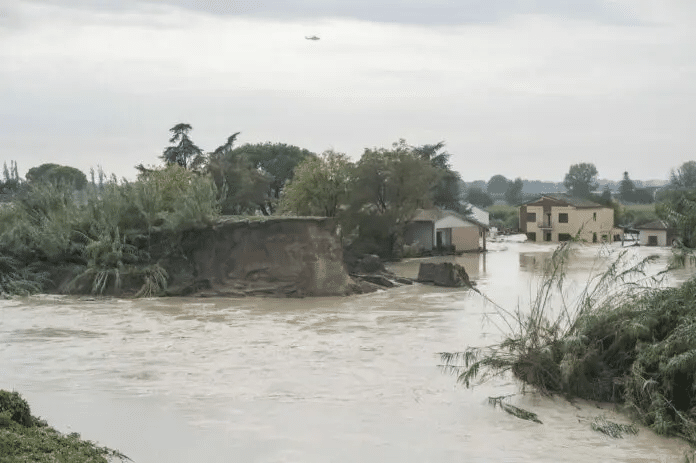First and foremost, the safety and health of citizens. Then keeping an eye on the flood that hit Romagna again from the perspective of relief and protecting lives. Only after saying this can we deal with the controversy. Red Romagna versus black vultures, so the leftist newspapers headlined, failure of the post-Communist Valley, the government newspapers responded.
Civil Defense Minister Musumeci was harsh: the money that the state has allocated has not been spent; that’s not the case, respond local administrators and PD Secretary Schlein, if anything, the money is stuck at the Ministry, and then don’t exploit, in short, the situation on the skin of the flood victims. Who is right and who is wrong? I would say everyone and no one, because in Italy we always look at the size of the allocations and who has to manage the Power of the money and never, or almost never, at how that money has to be put on the ground and in what timeframe. This is where bureaucracy becomes lethal at both the state and regional levels, it becomes the main enemy.
Enemy because it lacks a single cultural vision of the problem, which is land maintenance. A priority only in the days of tragedy: remember the analyses, the reports, the almost obsessive appeals in the spring of 2023, and then, however, bureaucracy and the clash of competencies always wins. If then torrential rains-but enough talk of climate change in the abstract: by now we understand that the climate has changed, do something structural if anything-affect the same fragile territory just over a year apart causing the same damage, more or less, then something is wrong.
Fragility is no longer of nature but of man who cannot govern it. The fragility is of politics that loses its function of governing reality. The reservoirs for rivers, planned in 1998 and called for 2023, must be done. And quickly. Those who have erred or slept put their hands on their consciences.
The article Climate changes, tragedies don’t come from TheNewyorker.

